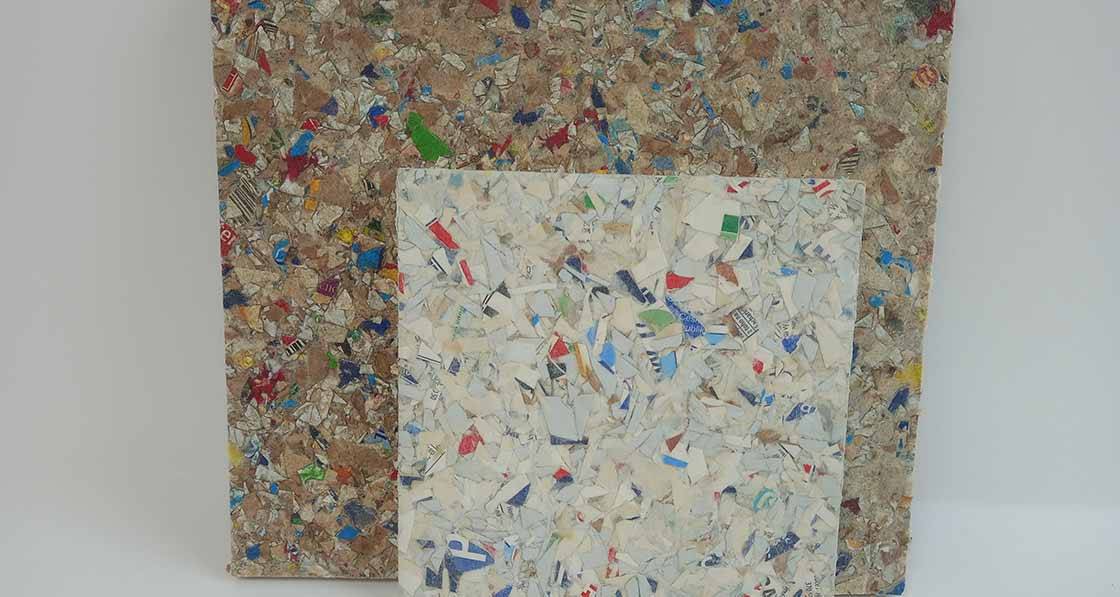
- Marketplace
- Posted
Wicklow company makes eco-board from food packaging
This article was originally published in issue 38 of Passive House Plus magazine. Want immediate access to all back issues and exclusive extra content? Click here to subscribe for as little as €10, or click here to receive the next issue free of charge
While for many years sustainability in buildings has focused on energy use, it is now clear that we must reduce our resource use in other areas too, moving from the linear model of consumption — take, make, waste — to a circular one, in line with the government’s ‘Waste Action Plan for a Circular Economy’.
One business doing just that is Wicklow-based Acoustic Materials, which for six years has been working to create sustainable and circular construction products. The company’s focus has been on materials that improve building acoustics, but the use of its products extends far beyond this.
One of the company’s products, AM Ecoboard, uses food packaging material that has been deemed non-recyclable, because of the difficulty of separating its components, to create a construction board that can be used in place of OSB, plywood, and even plasterboard. Though to date the company has been focused on its use as a high-performing soundproofing board, AM Ecoboard is now being certified for use as a roofing and racking board too.
“Though made of post-consumer waste, AM Ecoboard is not a compromise on traditional building boards. In many ways it is a superior material,” says Stephen Stratton, managing director at Acoustic Materials. “Sometimes when we tell people what we do, you can see them wrinkling their nose, but once we put the board in their hands their attitude changes.
“Ecoboard has an impressive list of attributes. It is fire rated, sound rated, mould and mildew resistant, and has extreme impact resistance. It is also air and vapour tight. Most importantly for the manufacturers, it is formaldehyde free. Ecoboard doesn’t just help the natural environment, it contributes to a healthy indoor environment too.”
As Ecoboard is designed to be an integral part of a building’s structure, it offers an opportunity to lengthen the life cycle of a material, food packaging, that is designed for short term use. Every 100 m2 of Ecoboard diverts 510 kg of paper and 340 kg of plastic from landfill, according to Acoustic Materials.
Ecoboard can also be processed into new boards with no loss of performance, the company said, adding that it will happily take back any Ecoboard in buildings destined for renovation or demolition.
Related items
-
 Build Homes Better updates Isoquick certification to tackle brick support challenge
Build Homes Better updates Isoquick certification to tackle brick support challenge -
 Ecological Building Systems expands UK and Irish straw panel construction with EcoCocon deal
Ecological Building Systems expands UK and Irish straw panel construction with EcoCocon deal -
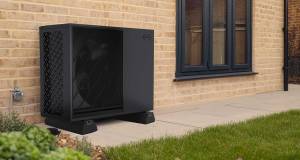 Grant’s Aerona R290: A next-gen heat pump designed for the Irish climate
Grant’s Aerona R290: A next-gen heat pump designed for the Irish climate -
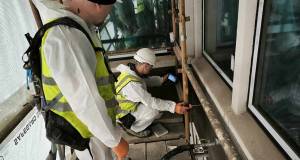 Historic Dublin building retrofitted with cutting edge insulation
Historic Dublin building retrofitted with cutting edge insulation -
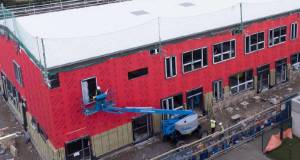 Proctor gains ground with Scottish passive schools
Proctor gains ground with Scottish passive schools -
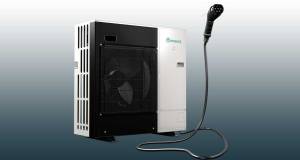 Heat pump and EV charger combo promises smart energy use
Heat pump and EV charger combo promises smart energy use

